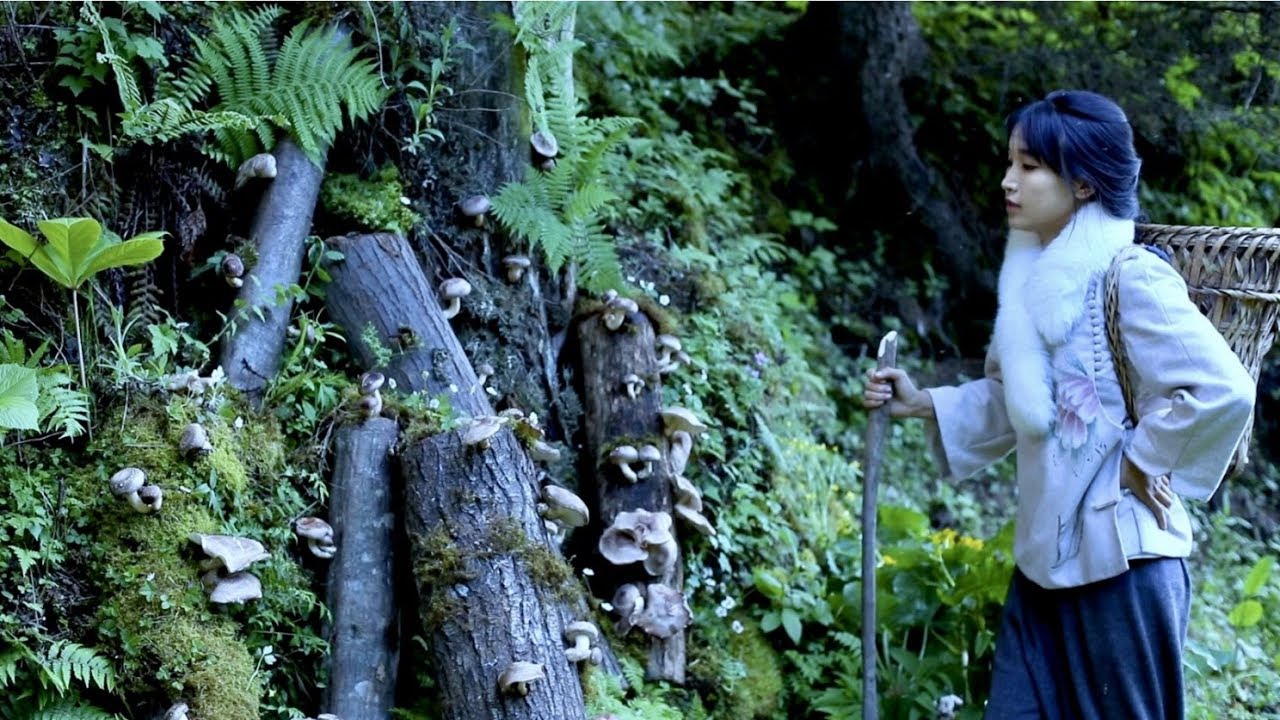…about the bugs-as-food movement—I just read that the EU has just approved crickets and mealworms as ingredients in human food products—
Traditionally, (and in GENERAL: ; yes I’ve herd of of “painter bacon”) we humans dont eat other creatures that prey on us, like wolves, and big cats,
And we don’t farm such species as a food source. Would it be a good idea to do so, breeding them to be bigger, meatier, disease -resistant, ever more numerous?
Does anybody doubt that they’d get out, begin to multiply in the wild, passing some of their engineered invulnerability on to their hybrid offspring? And then: continue, and enlarge upon, their propensity to eat US? S’only natural!
Okay there’s a reason why the EU started with crickets’n’ mealworms. Crickets are cute li’l minstrels, all they do is sing and bring good luck! Right?
Look up “what do crickets eat.” And you’ll discover: everything. They are omnivores that can destroy your entire wardrobe and denude your pantry. They have extremely powerful mandibles that can chew through plastic. And they will eat flesh, if they come upon carrion.
And mealworms? Well, they’re halfway to being food just by virtue of their name, I reckon…if they’re anything like pantry moths, they can chew through plastic and cardboard, too. But they don’t SOUND disgusting, at first mention.
But what about the “black soldier fly larvae” which I’ve read are being assiduous farmed, baby bugs baked and boiled alive to make food for us and/or at least for our traditional food animals?
What makes us think we can contain these increasingly hardy types of critter on some “farm”? I mean, doesn’t anybody who has ever tried to chase down any insect know that it’s beyond human capability? It can walk on the CEILING , fuggod’s sake! It can’t be killed, it will fulfill its mandate to breed, breed, breed, THOUSANDS, at least,of its kind in its brief lifetime, while we can reproduce at the rate of only ONE every nine MONTHS!
They WILL escape, with their already legendary proportionate strength, their profligate fertility.
Bugs are our enemies, our eternal adversaries! They eat our meat and our vital green Vitamin C food, both before and after harvest! They eat our clothes! They eat our houses! We naked apes NEED that stuff.
When has it EVER been a good idea for man, precipitately and on a large scale , to begin engineering/ introducing the proliferation of some other species?
No, NO! pleeeeze let’s not go down this road!
But I know: it’s too late already.
